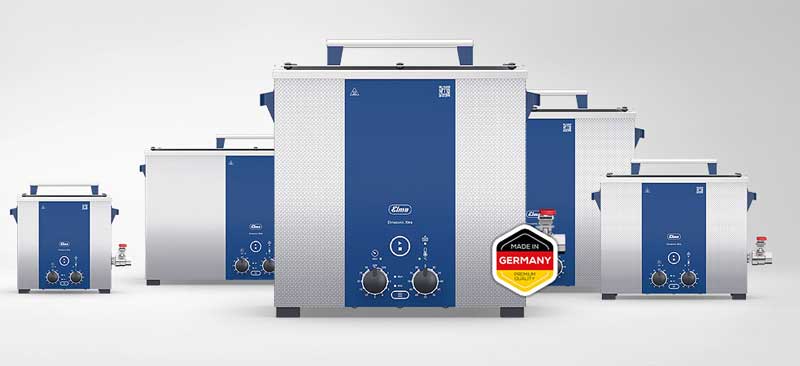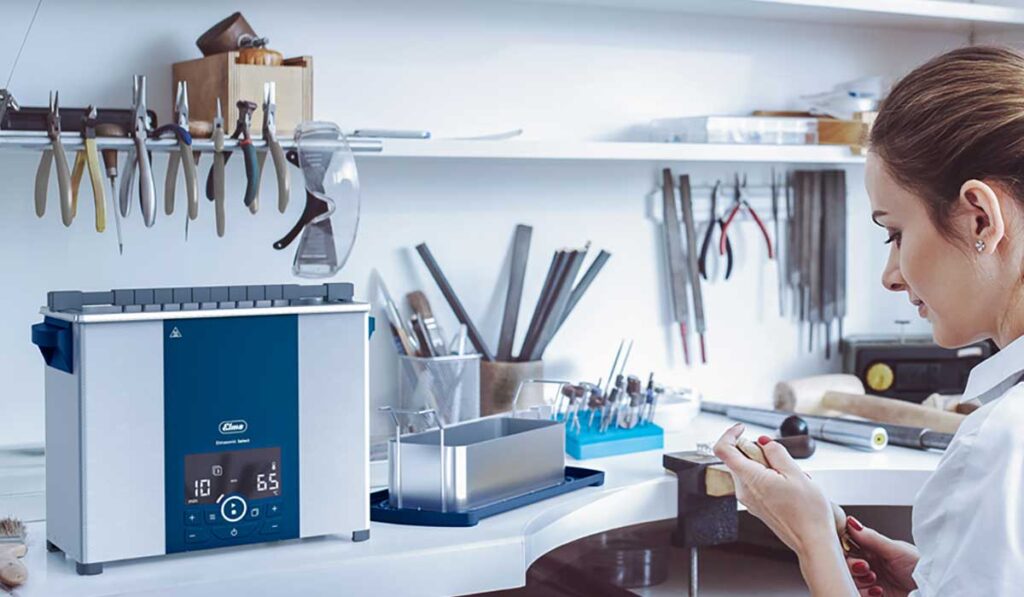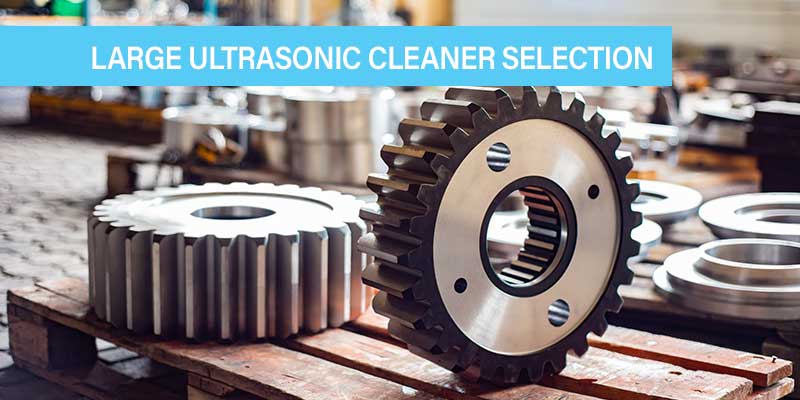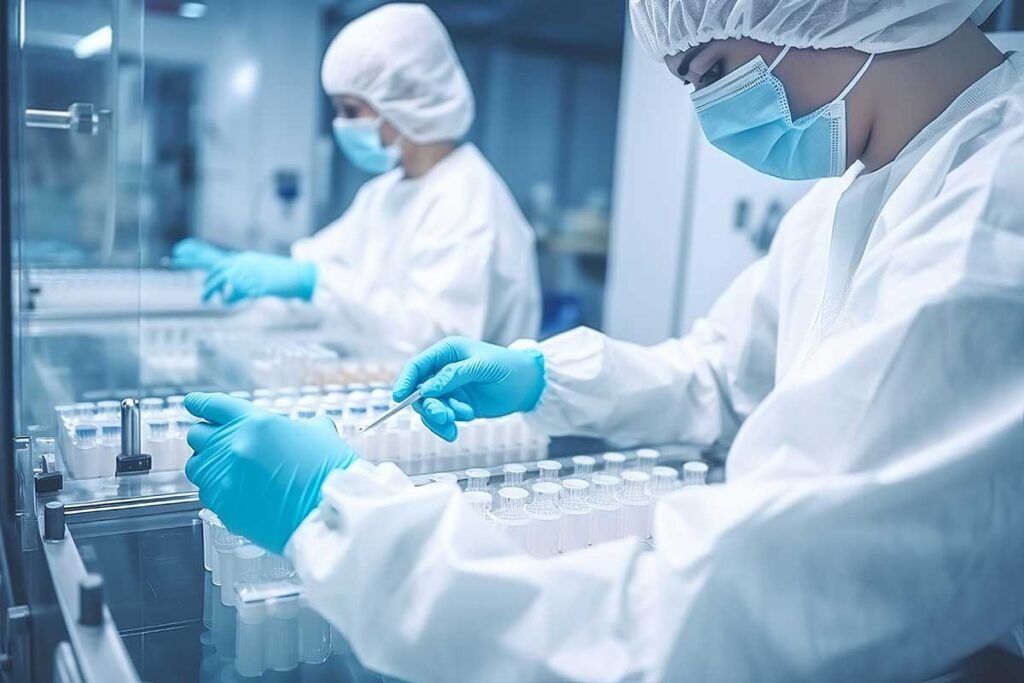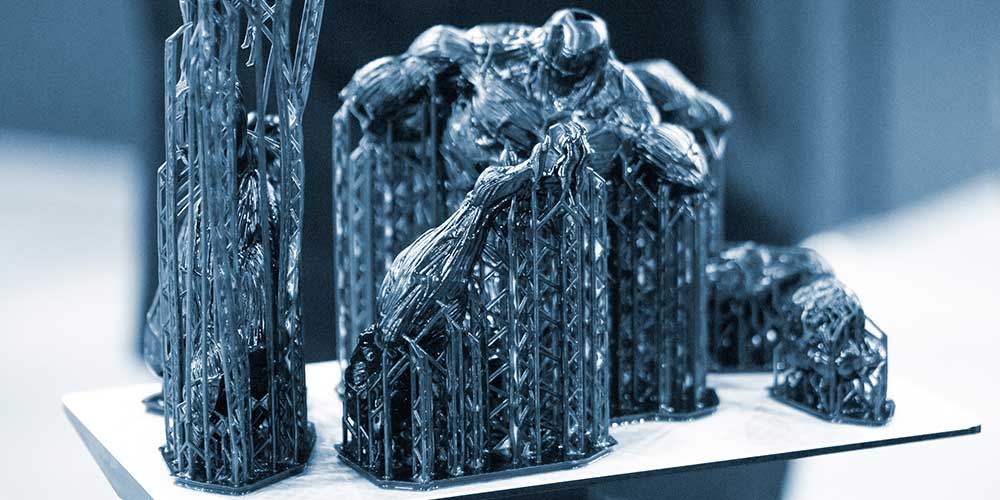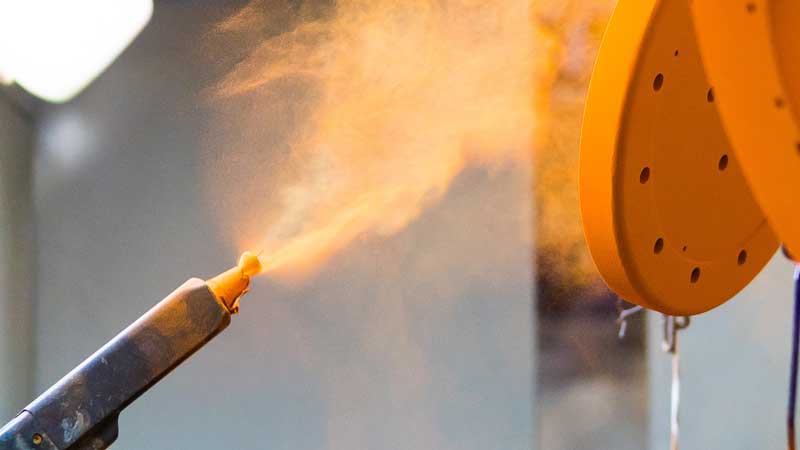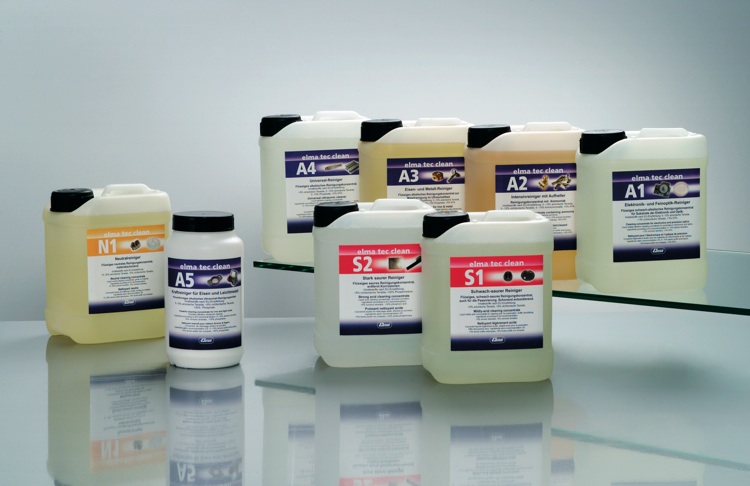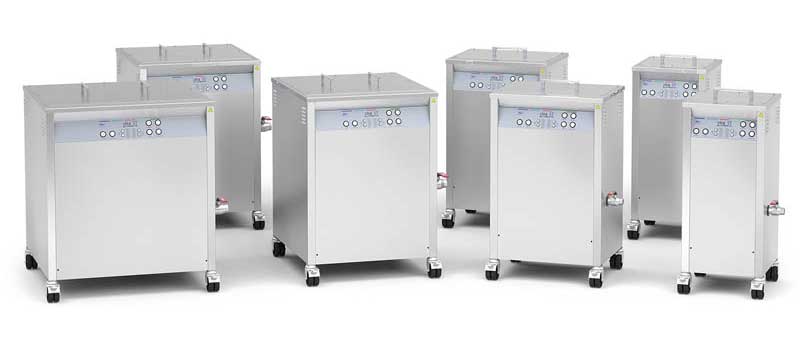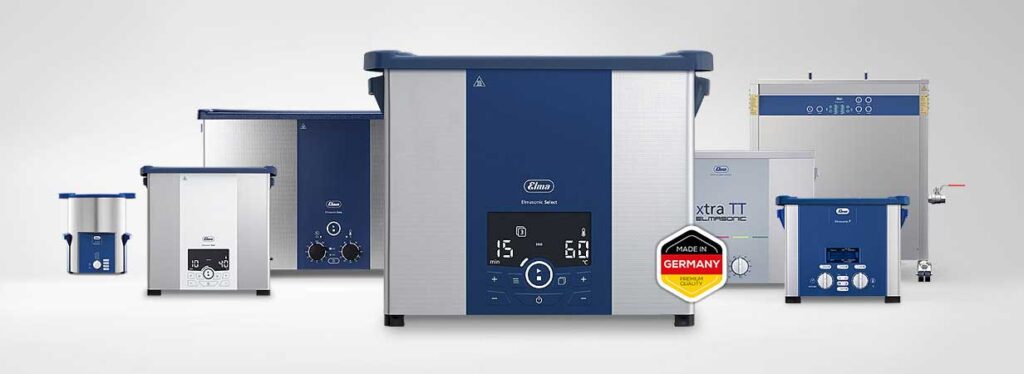Ultrasonic Cleaners
Choosing the Right Industrial Ultrasonic Cleaner Features and Options
Industrial ultrasonic cleaners can represent a sizeable investment. Here we define these units, what to look for when purchasing, and offer equipment options to help you make the right selection. Included are examples of industrial ultrasonic cleaner applications. Industrial Ultrasonic Cleaner Defined Industrial ultrasonic cleaners are heavy-duty cleaning systems designed for continuous operation and the…
How Ultrasonic Cleaning Works for Industry and Labs
Ultrasonic cleaning has become an indispensable tool for industries requiring the highest standards of cleanliness, particularly in the production of machined metal parts for critical applications in pharmaceuticals, laboratories, and manufacturing. The ability to remove contaminants from intricate surfaces with unparalleled precision and efficiency makes ultrasonic cleaning a cornerstone of quality control. This article delves…
Selecting a Large Ultrasonic Cleaner for Large-Scale Cleaning
For businesses requiring the cleaning of large components or high-volume batches, a large ultrasonic cleaner with a capacity exceeding 100 gallons is essential. This guide outlines the critical features to consider when selecting a large ultrasonic cleaner, followed by practical application examples. Key Features for Large Ultrasonic Cleaning Systems Examples of Large Ultrasonic Cleaners Offered…
Laboratory Sonicator Guide: Applications, Benefits, and Equipment Selection
Using Ultrasonic Cleaners to Remove 3D Printed Mold Supports
3D printing, encompassing technologies like fused deposition modeling (FDM) and fused filament fabrication (FFF), has revolutionized manufacturing by significantly reducing the cost and complexity of traditional molding techniques, such as lost wax casting. By utilizing compatible thermoplastic materials like ABS for the part and PLA for removable mold supports, 3D printing enables the rapid creation…
Cleaning Adhesive Gun and Spray Paint Nozzles with an Ultrasonic Cleaner
We sometimes get a question along the lines “Can I use an ultrasonic cleaner to clean sprayer tips?” There’s lots of advice on the Internet for cleaning adhesive gun and spray paint nozzles. Many involve time-consuming manual cleaning and/or the use of volatile solvents such as acetone. A better way is sonic cleaning adhesive gun…
Ultrasonic Cleaner Maintenance: 4 Key Tips
Ultrasonic Solution Selection Guidelines
The ultrasonic cleaner solution you select plays a major role in successful ultrasonic cleaning operations. These solutions are available in a wide variety of formulations for your ultrasonic cleaner – each designed for specific cleaning tasks. These solutions are also referred to as cleaning chemistries and in some cases “soaps.” We’ll stick with ultrasonic cleaner…
Picking the Best Industrial Ultrasonic Cleaner
Imagine a mountain of greasy, grime-caked parts. Production grinds to a halt. Manual cleaning? Forget it. You need a solution that cuts through the toughest contaminants, fast. That’s where the right industrial ultrasonic cleaner comes in. But “right” isn’t one-size-fits-all. Tank size, frequency, solvent compatibility – the choices can be overwhelming. Let’s cut through the…
Specifying an Ultrasonic Cleaner Machine
An ultrasonic cleaner machine is often first choice for cleaning or processing operations across a broad spectrum of industry. This is borne out by a Polaris Market Research report noting that the market “is anticipated to grow from USD 1.37 billion in 2024 to USD 2.23 billion by 2032, exhibiting a CAGR of 6.2% during the…
